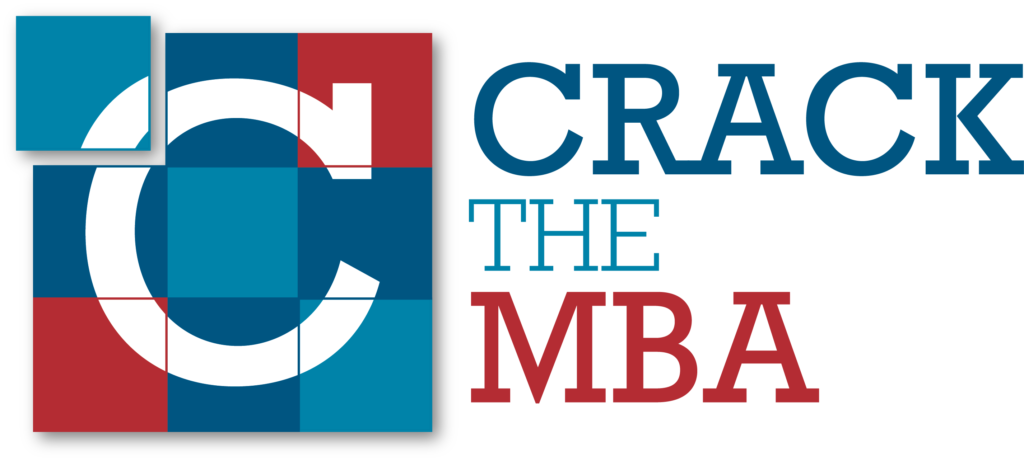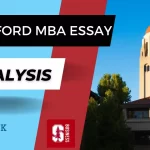Welcome to part 2 of our 6 part series which focuses on school selection and helps you understand the different criteria based on which you can make the important decision of which schools to apply to. In part 1, we got an overview of all the factors which were broadly organized into four categories namely, Academic, Financial, Professional & Student Experience.
Today, we will look at the Academic factors that are different from school to school and how they may factor into your decision-making.
Academic Criteria
Rankings
There are a few ranking systems that are commonly regarded by schools, prospective students, companies, etc. to get a sense for where schools stand vis-a-vis each other. Different ranking systems weigh schools based on different criteria and accordingly award rankings. Some of the commonly used ranking systems are Financial Times, U.S. News, Business Week. Later on, we will look at the rankings in greater detail and help understand how they compare to each other. You can see a snapshot of how the different ranking methodologies rank the first three programs.
| Rank | Financial Times (Global MBA Ranking 2012) |
U.S. News (Fulltime U.S. MBA) |
Business Week (Full-time U.S. MBA) |
| #1 | Stanford GSB | Harvard Business School | University of Chicago (Booth) |
| #2 | Harvard Business School | Stanford GSB | Harvard Business School |
| #3 | University of Pennsylvania: Wharton | University of Pennsylvania: Wharton | University of Pennsylvania: Wharton |
Teaching Methodology
There are a couple of ways of teaching that are prominently used at business schools namely, case-based teaching and lecture-based teaching. Some schools such as HBS and IESE Business School are primarily reliant on the case-based method of teaching whereas at some schools such as Wharton, the teaching methodology a mix of cases, lectures and simulations. Different students find one or the other working out better for them so this could certainly be a consideration in your decision making. For example, some students feel that Finance & Accounting cannot be taught through cases so for them, schools using only cases may not be ideal.
Faculty
It is good to research some of the thought leaders at each school and how they have influenced and impacted the world. This factor could also have a slight bearing on your decision as you may wish to learn from some of the gurus in your field of study. For instance, Prof. Jeremy Siegel & Prof. Franklin Allen at Wharton are well-known experts in the field of Finance. HBS’ Prof. Michael Porter is considered a rock star and is best known for his contribution to Strategic Management by introducing the Five Forces. Chicago (Booth) has a few notable Economists in its ranks such as Prof. Eugene Fama, Prof. Luigi Zingales, Dr. Raghuram Rajan.
Here, I would also like to point out that a lot of schools retain professors based on their research as opposed to their teaching. So, if you are selecting certain schools solely on the basis of some faculty members, it may do you some good to delve into greater detail to ensure your favorite professor’s tenure is not about to end at the same time as you enter the school.
Concentration
Different schools are known for certain specializations which become their core competency. For e.g. Harvard is known for a strong focus on management through the case-based learning; Wharton is known for its strength in Finance, Healthcare & Entrepreneurship; Stanford is known for Entrepreneurship, CSR and Innovation Kellogg is known for Marketing. If you have a strong bias in terms of specialization which will define your experience at the school, it is important for you to understand the different areas that different schools are known for so that you are able to make the right choice based on your goals.
GMAT
Most schools will give an indicative sense for how the students fared on the GMAT test. Schools do so by giving a range of scores which were admitted at the school. These can help you ascertain where you stand in terms of your chances at a school. Here, I would like to clarify on a myth that a lot of people have (especially in India) that GMAT scores are to be taken as cut-off points. This is NOT TRUE. I have personal success helping students with GMAT scores below the school average who have been admitted and are doing well at school. Unlike the CAT which is used for MBA admissions in most Indian schools, the GMAT scores are not necessarily meant to serve as hard cut-off points. In addition, there is a notable difference in the format of the two tests also. The admit decision at top global business schools is dependent on many factors and the GMAT is just one of them.
As an example:
HBS, Class of 2013 – GMAT Score Range: 490 – 790; Median GMAT: 730
Wharton, Class of 2013 – GMAT Score Range: 560 – 790; Median GMAT: 720
INSEAD: 70 Percentile or above in both Quant and Verbal sections of the GMAT
Conclusion
As you can see, there are numerous factors from an Academic standpoint which can affect your decision to apply to a school. You will find it extremely helpful to have clarity in your mind as to what it is that matters to you most and why. Having looked at the Academic factors influencing school selection today, we will look at Financial Factors in our next post.






